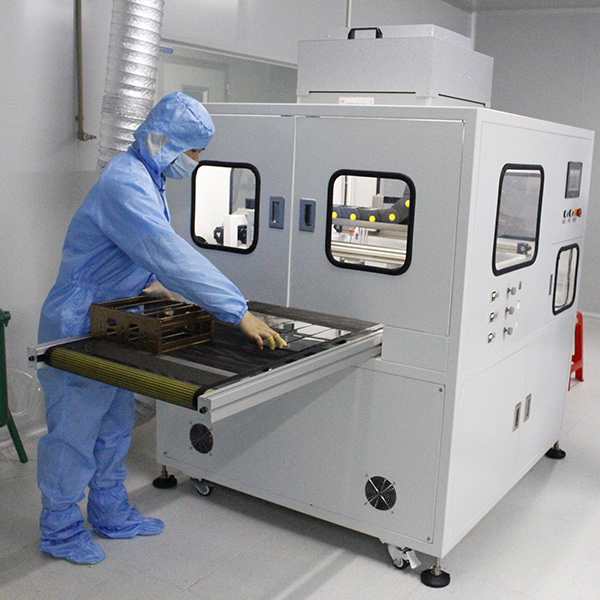
One company at the forefront of this technological advancement is Minewing, a specialized firm in concept realization and electronics customization. With their years of expertise in design, development, and manufacturing for product integration, Minewing has positioned itself as a trusted and strategic partner for customers seeking to implement IoT solutions in their agricultural operations. Their emphasis on seamless cooperation between teams has set them apart in the industry.
IoT Agriculture involves the use of sensors, actuators, and other devices to collect and transmit data about crop conditions, environmental factors, and equipment performance. This data is then analyzed and used to make informed decisions that optimize the farming process. For example, soil moisture sensors can help farmers determine the ideal time for irrigation, while temperature and humidity sensors can be used to monitor the microclimate in greenhouses.
One of the key advantages of IoT Agriculture is the ability to remotely monitor and control various aspects of the farming operation. This means that farmers can access real-time data about their crops and make necessary adjustments without having to be physically present on the field. This level of automation not only saves time and labor, but also enables more efficient use of resources, ultimately leading to higher yields and lower costs.
In addition to crop management, IoT Agriculture can also be applied to livestock monitoring. Wearable devices equipped with GPS and health monitoring capabilities can track the location and well-being of animals, allowing farmers to detect any potential issues and intervene promptly. This proactive approach to livestock management can improve animal welfare and overall farm productivity.
Furthermore, IoT Agriculture can facilitate predictive maintenance for farming equipment. By utilizing sensors to monitor the performance of tractors, harvesters, and other machinery, farmers can identify potential breakdowns before they occur and schedule maintenance accordingly. This not only prevents costly downtime but also extends the lifespan of the equipment.
The implementation of IoT technology in agriculture is not without its challenges, however. One of the primary concerns is data security, as the collection and transmission of sensitive farm data may be vulnerable to cyber threats. As a result, it is crucial for farmers to work with trusted partners like Minewing who prioritize the security and integrity of data.
Another challenge is the initial investment required to deploy IoT solutions on a large scale. While the long-term benefits of increased efficiency and productivity are evident, some farmers may be hesitant to make substantial investments without a clear understanding of the potential return on investment. This is where companies like Minewing play a crucial role in providing customized and cost-effective IoT solutions tailored to the specific needs of each farm.
In conclusion, IoT Agriculture represents a significant advancement in the way farming is conducted. By harnessing the power of data and connectivity, farmers can optimize their operations, reduce waste, and increase sustainability. With the expertise and support of companies like Minewing, the future of agriculture is undoubtedly an interconnected one, where technology and tradition work hand in hand to feed the growing global population.
